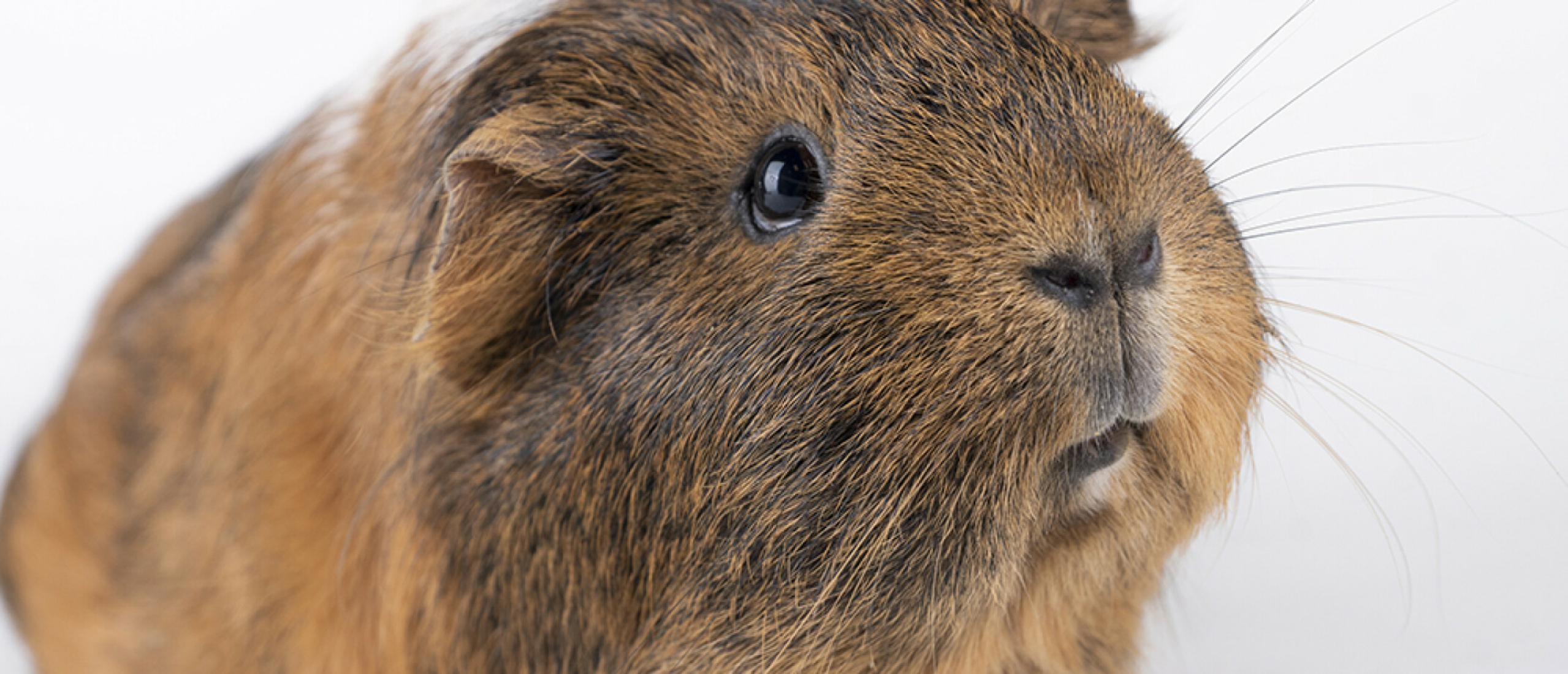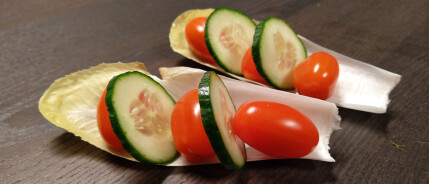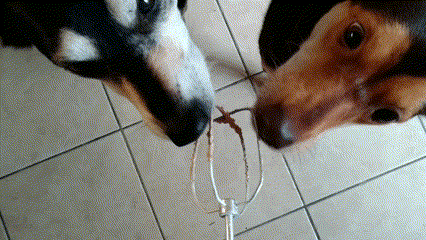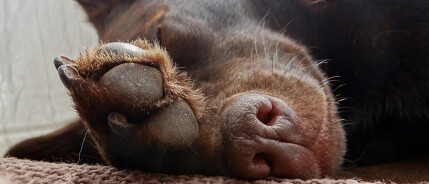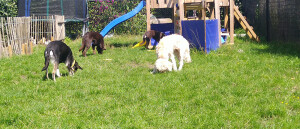Guinea pigs naturally have a very efficient calcium homeostasis. Much of the calcium and phosphorus that they eat is actually absorbed by the body. A surplus is secreted by the kidneys. This is a lot more than in most other mammals. This makes the pH in the urine higher than in many other animals (7,4 to 8,4). This is very useful in their natural habitat, were the chance on shortages in minerals is high, but for our pet guinea pigs, this may easily lead to urinary tract problems.
Symptomes and diagnosis
The two most common urinary tract problems in guinea pigs are a bladder infection or bladder stones. Both are very painful and can be deadly. The symptoms of these diseases are much alike: the guinea pig squeaks during peeing and sometimes the hind part is lifted as well. There can be blood in the urine and appetite is often decreased.
A veterinarian can test the urine and eventually make an x-ray or echo to look for bladder problems. In case of a bladder infection, the guinea pig will need antibiotics and pain killers. Very small bladder stones are sometimes removed by flushing, but larger stones often require surgery. And of course it’s very important to stimulate the appetite of your guinea pig with his favourite food.
Prevention
When the health of your guinea pig is in danger, a visit to a specialized vet is required. But there are some measures you can take to minimize the risk of bladder problems, especially in nutrition:
- Always make sure your animals drink enough or eat moist with their vegetables. This way, they urinate a lot, which flushes the organs well and decreases the risk of problems.
- Provide timothy hay instead of normal hay. This type of hay is naturally low in calcium, but it does have all other qualities of hay.
- Support your animals with a herb mixture that is specialized on the urinary tract, such as the Pippa&Koda Urinary tract mixture (only available in Europe). This mixtures has a low calcium level and a soothing effect.
- Especially provide veggies that are low in calcium, such as carrots, endive, bell pepper, lettuce and cucumber.
- Give a limited amount of calcium-rich and nitrate-rich vegetables, such as spinach, parsley and cabbage.
- Give small amounts of diuretic vegetables more often, such as (pale) celery, cucumber and endive.
- If your guinea pig eats few pellets, you can give him some extra vitamin D in drops (for children). Vitamin D is important for proper calcium metabolism.
- Make sure your animals get plenty of exercise, because that is good for a good balance of nutrients and waste.

